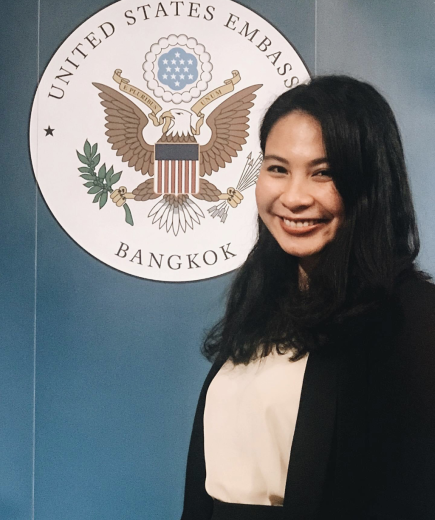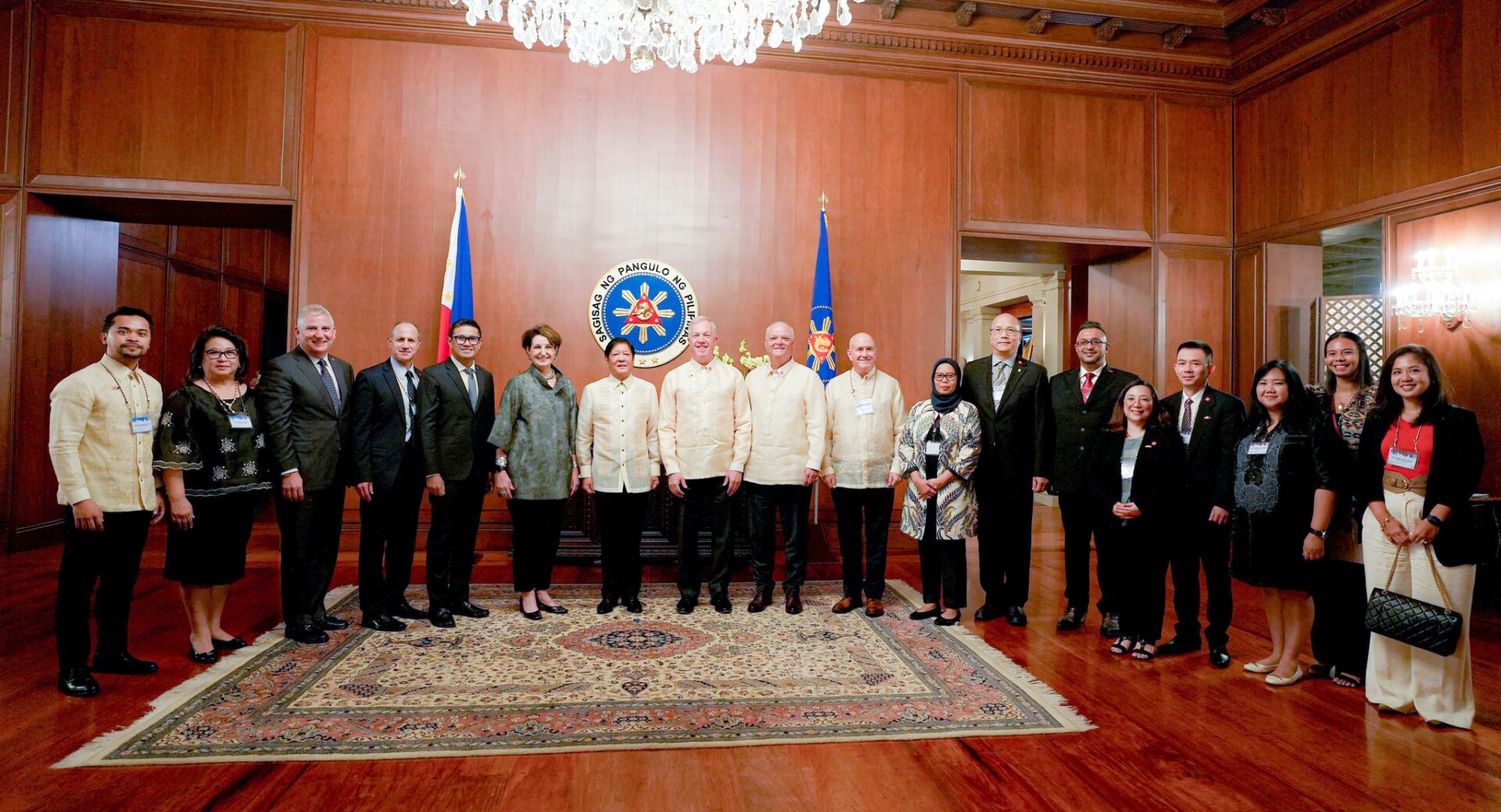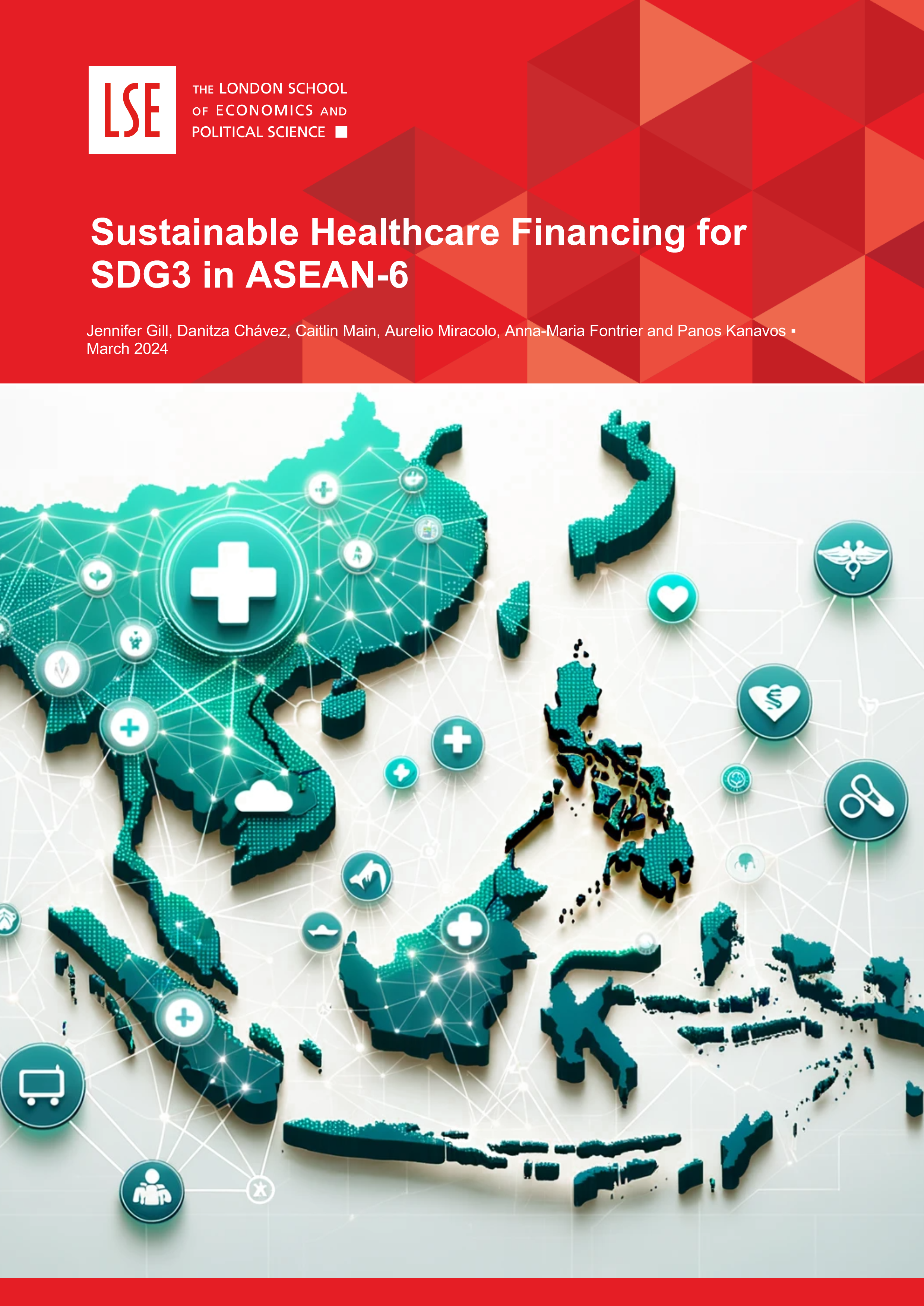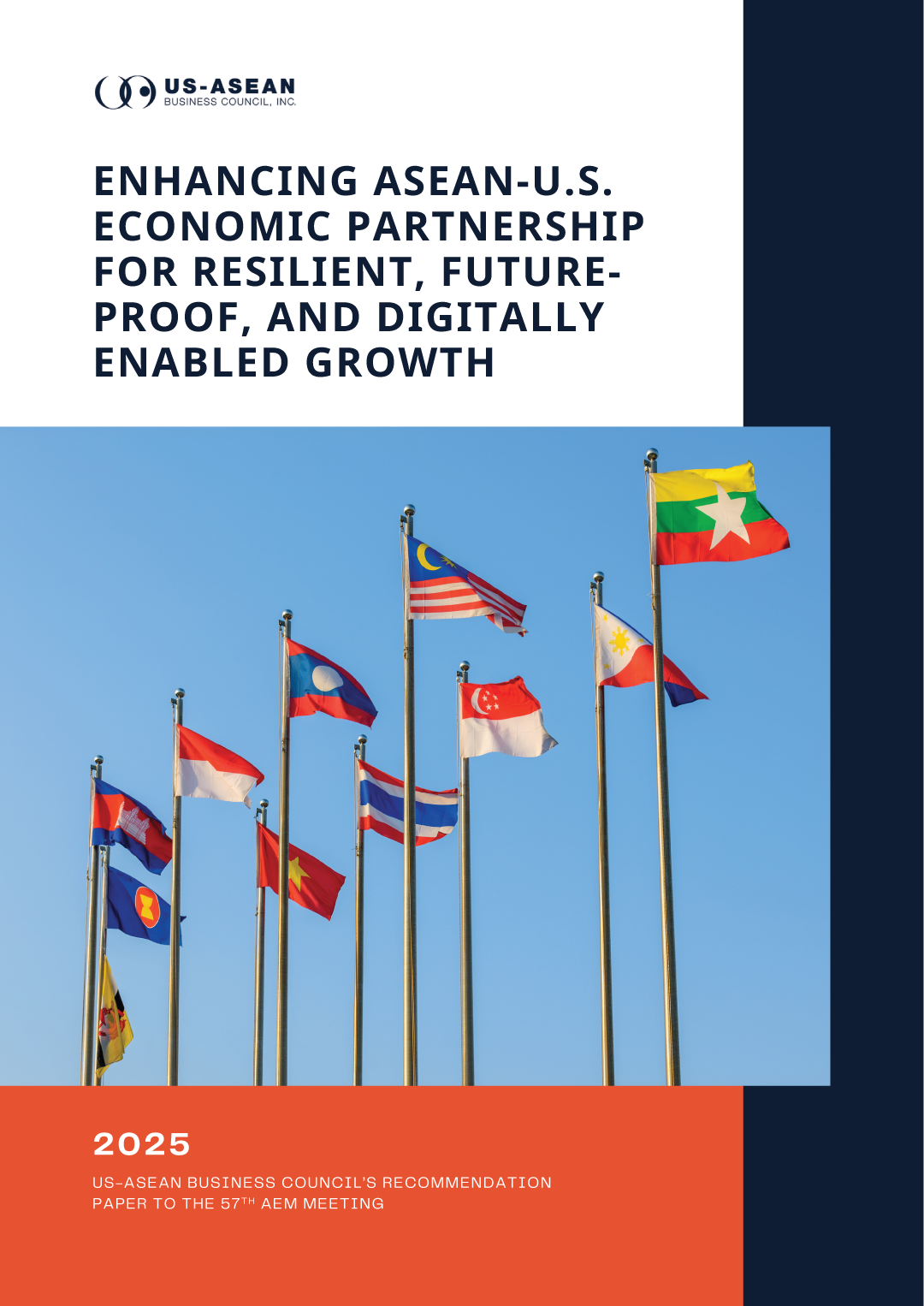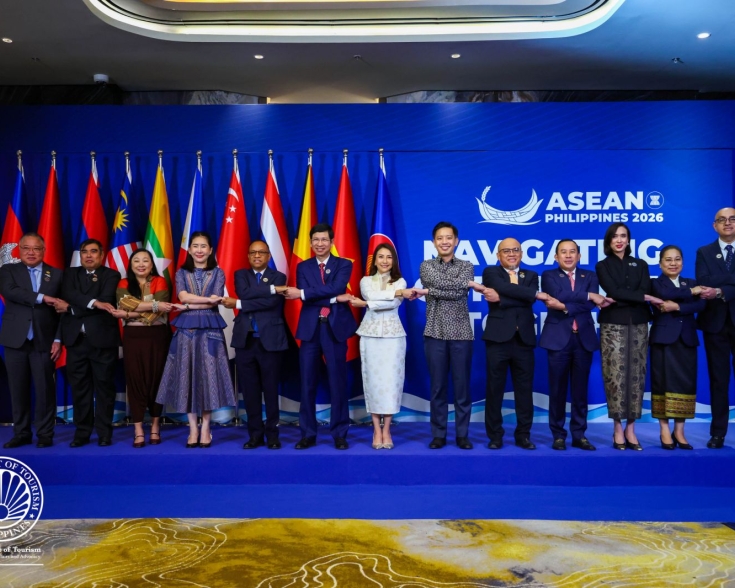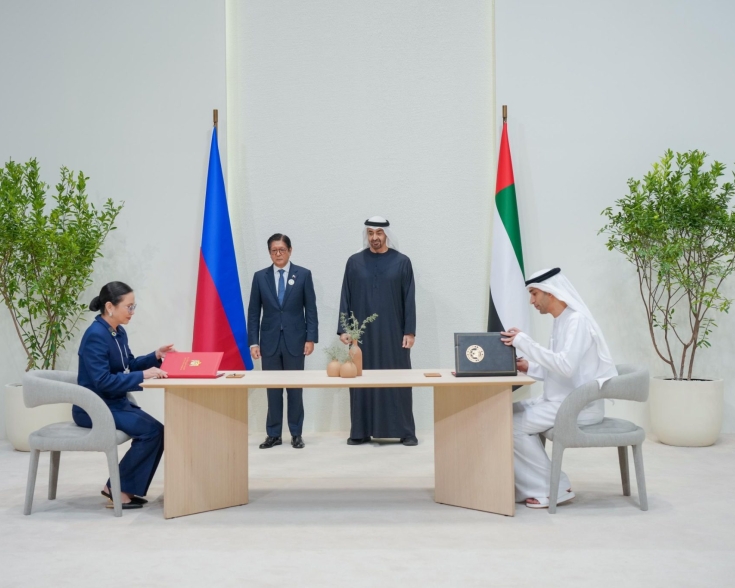First Major Coalition Realignment Under Prime Minister Paetongtarn
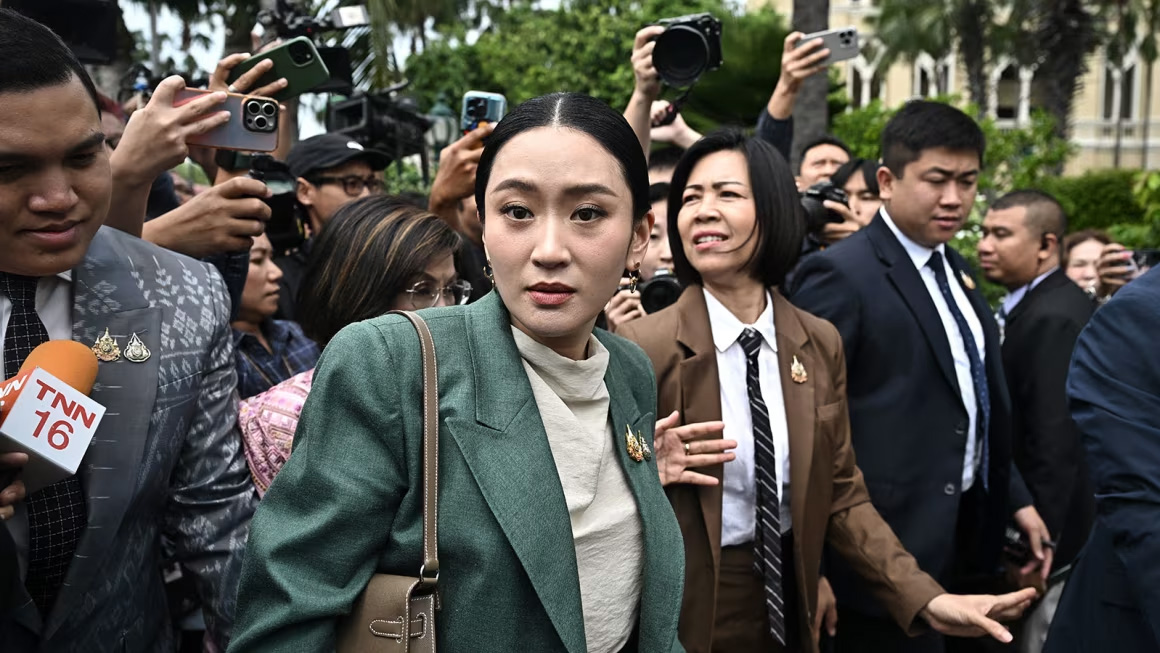
The Thai government is set on its first major coalition realignment since Prime Minister Paetongtarn Shinawatra took office in August 2024. This shift is widely seen as the most consequential change since the Pheu Thai Party formed the coalition in 2022. The Bhumjaithai Party, the coalition’s second-largest party member, pulled out following months of public tension with the leading party. In addition, the Bhumjaithai Party announced that it will seek a no confidence vote against the Prime Minister and her Cabinet in Parliament when it reconvenes on July 3rd.
Negotiations for a cabinet reshuffle are currently underway. In the interim, the Prime Minister has assigned Deputy Prime Ministers to oversee ministries left vacant by the departure of Ministers who are members of the Bhumjaithai Party. None of the changes in the Cabinet include the government’s lead negotiators conducting reciprocal tariff talks with the Trump Administration.
Cabinet Vacancies and Interim Oversight Assignments
Ministers from Bhumjaithai Party who have resigned:
H.E. Anutin Charnvirakul, Deputy Prime Minister and Minister of Interior
H.E. Supamas Isarabhakdi, Minister of Higher Education, Science, Research and Innovation
H.E. Phiphat Ratchakitprakarn, Minister of Labour
H.E. Permpoon Chidchob, Minister of Education
H.E. Napinthorn Srisappang, Deputy Minister of Commerce
H.E. Songsak Thongsri, Deputy Minister of Interior
H.E. Sabida Thaiseth, Deputy Minister of Interior
H.E. Surasak Phancharoenworrakul, Deputy Minister of Education
Following their departure, the Prime Minister reassigned the oversight of ministers as follows:
H.E. Phumtham Wechayachai, Deputy Prime Minister and Minister of Defence, is assigned to oversee Ministry of Defense, Ministry of Interior, Ministry of Justice, Office of the Council of State, National Office of Buddhism, Royal Society (including the Royal Society's affairs).
H.E. Suriya Juangroongruangkit, Deputy Prime Minister and Minister of Transportation, is assigned to oversee Ministry of Foreign Affairs, Ministry of Tourism and Sports, Ministry of Transport, Ministry of Labour, Ministry of Culture, Office of the Permanent Secretary to the Prime Minister's Office.
H.E. Prasert Chantararuangthong, Deputy Prime Minister and Minister of Digital Economy and Society, is assigned to oversee Ministry of Higher Education, Science, Research and Innovation, Ministry of Digital Economy and Society, Ministry of Natural Resources and Environment, Ministry of Education, Ministry of Public Health, and several key public agencies.
DPM Prasert is also assigned to oversee the National Cyber Security Agency, Thailand Convention and Exhibition Bureau, National Health Commission Office, Knowledge Management and Development Office, Office of Small and Medium Enterprises Promotion, Digital Government Development Agency, among others.
Internal Tensions and Coalition Shift
Tension had mounted in recent months within the coalition government. The two biggest governing parties, Pheu Thai Party and Bhumjaithai Party, have been engaged in what many view as a political standoff over Senate influence. In March 2025, the Department of Special Investigation (DSI), under Minister of Justice, launched an investigation into at least 138 Senators over alleged fraud and collusion. While senators are not officially affiliated with any political party, observers widely believed many maintain close ties to the Bhumjaithai party.
In May 2025, former Prime Minister Thaksin Shinawatra – father of the current Thailand’s Prime Minister and often referred to in the media as the ‘spiritual leader’ of Pheu Thai Party – publicly called for the Pheu Thai Party to reclaim control of the Ministry of Interior from the Bhumjaithai Party.
The Ministry of Interior is central to policy implementation. With its control over the vast bureaucracies, particularly in the provincial administration, the realignment comes at a time when Pheu Thai Party is seeking to shore up the support, particularly in light of the suspension of its flagship Digital Wallet scheme.
The Prime Minister also came under public criticism following the leak of a private phone call with former Cambodian Prime Minister Hun Sen. The incident sparked widespread domestic backlash amid the escalating border dispute and heightened nationalistic sentiment from both sides of the Mekong. On June 18, Bhumjaithai Party formally pulled outfrom the coalition with all eight of its ministers resigning. The party cited the phone call as having “adversely affected Thailand’s sovereignty”.
Vote of No Confidence
On June 24, the Bhumjaithai Party announced that they will seek a parliamentary no-confidence vote against Prime Minister Paetongtarn and her cabinet over the leaked phone call once the parliamentary session reopens on July 3, 2025. To submit the motion, Bhumjaithai Party will need support from other opposition parties, as at least one-fifth of Members of the House of Representatives are constitutionally required as signatories. Should the no confidence motion be submitted, the subsequent negotiation over procedure and timeline means that the debate and vote could take place around early August, based on the previous no-confidence motion.
Economic and Political Implications
Bhumjaithai’s exit has left the coalition with a slim majority. The coalition’s number is in the range of 260 seats out of 495 seats in the House of Representatives. It is counting on defections in the coming months to reinforce its position. A further withdrawal from any party within the coalition could instantly destabilize the government.
On the economic front, the government has been facing mounting economic challenges. The World Bank recently lowered its projection of Thailand’s GDP growth in 2025 by 1.1% to 1.8%. In April, the Bank of Thailand cut the interest rate by 75 basis points to 1.75%. Meanwhile, public debt is approaching the debt ceiling of 70% of GDP, currently at 64.4% at the end of March.
Amidst domestic tensions, one of the government’s key tests will be the upcoming tariff negotiation with the United States. Thai export volumes are projected to decline following a flurry of front loading in recent months. Despite the coalition realignment, key cabinet positions responsible for the trade negotiation are unaffected and remain firmly in the Pheu Thai Party’s control. On June 20, Finance Minister Pichai Chunhavajira revealed the signing the non-disclosure agreement (NDA) with the American counterparts, signaling the official commencement of the trade negotiation process.
According to the Prime Minister, the new cabinet composition is expected to be finalized by next week, with negotiations still ongoing. The Council is closely monitoring the situation and will provide further updates as new information emerges.

